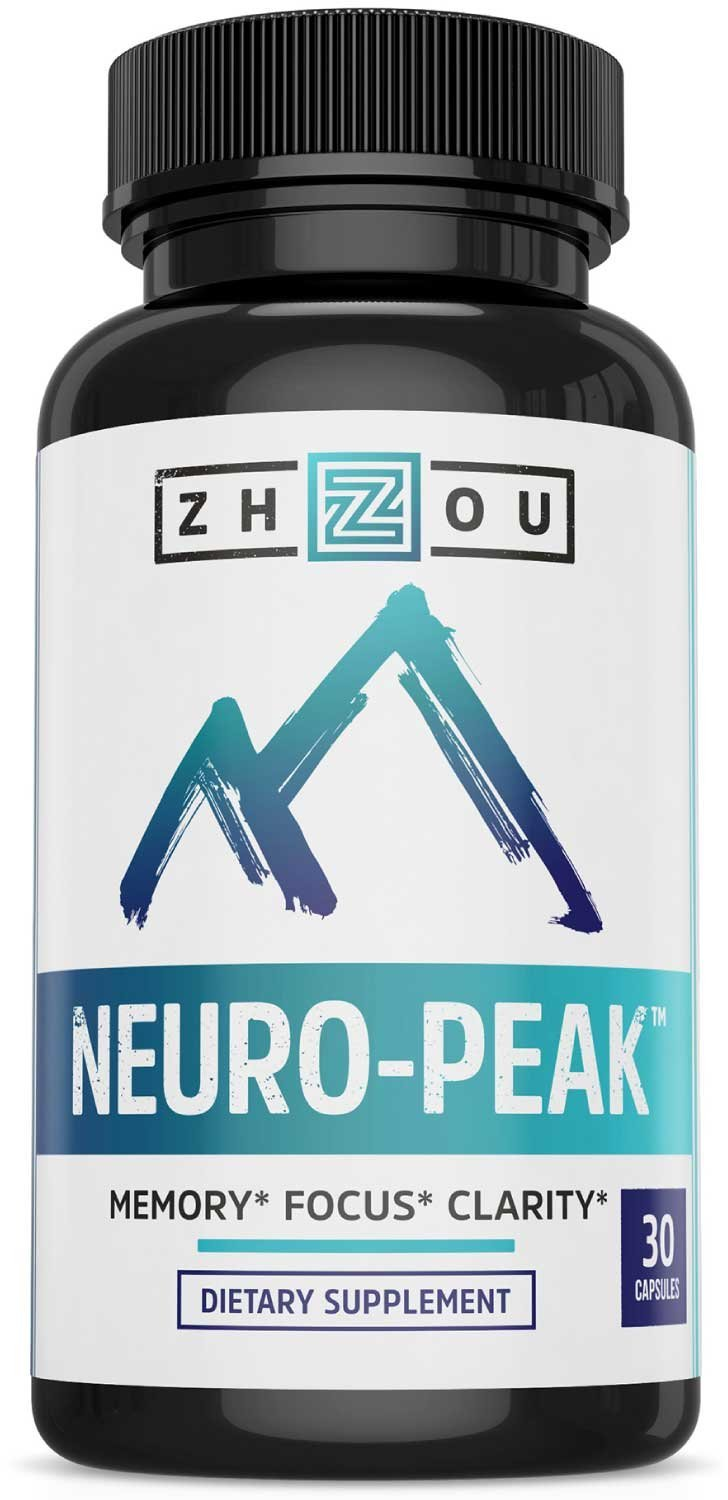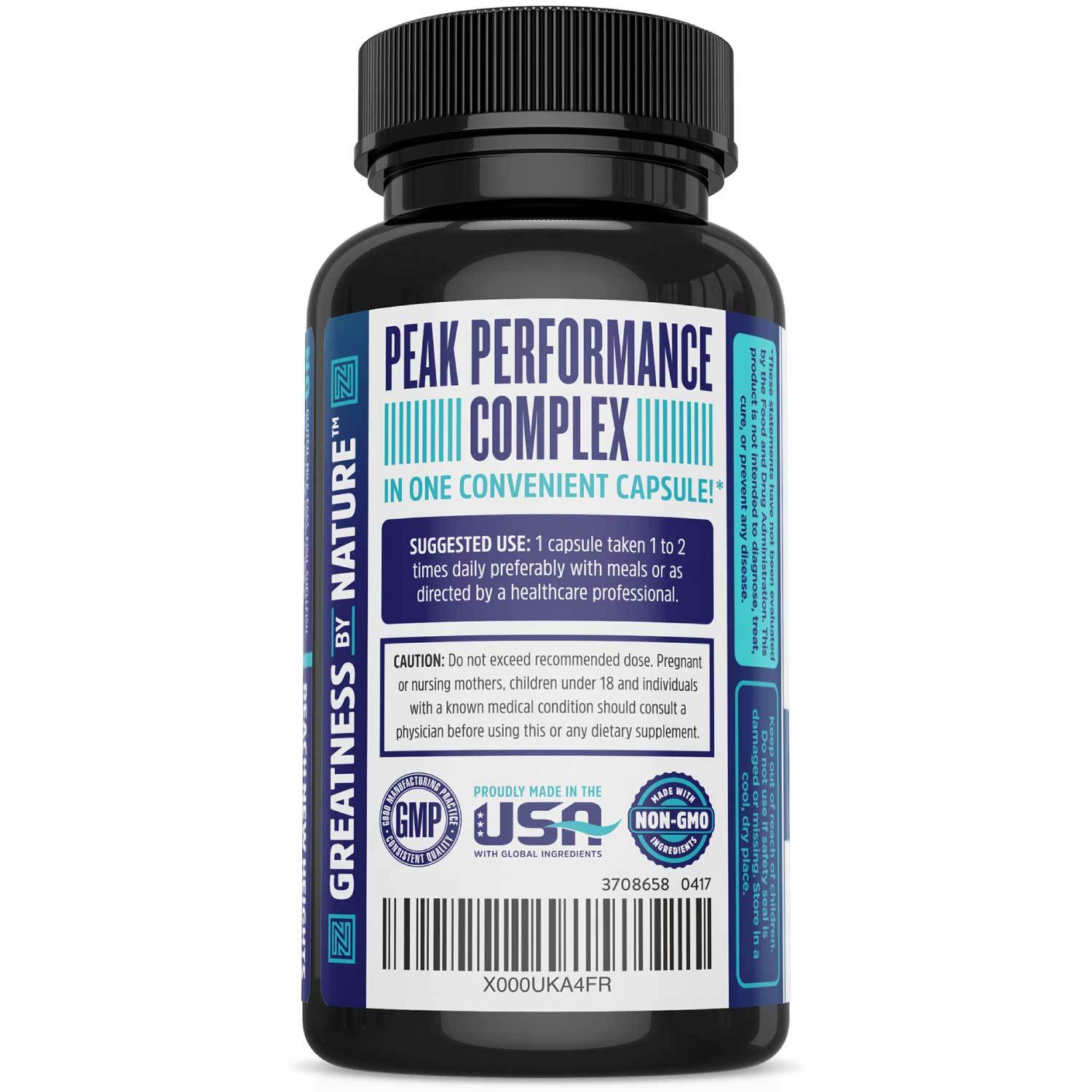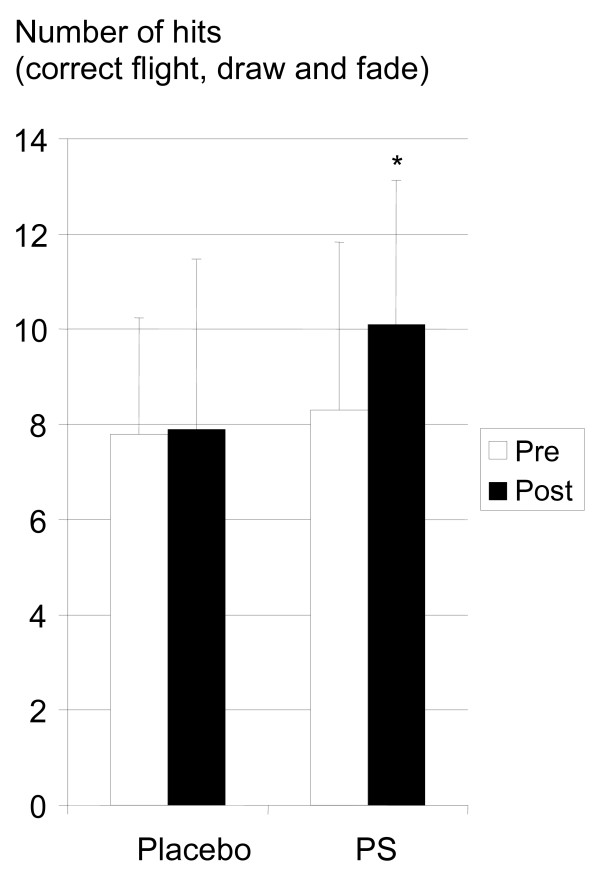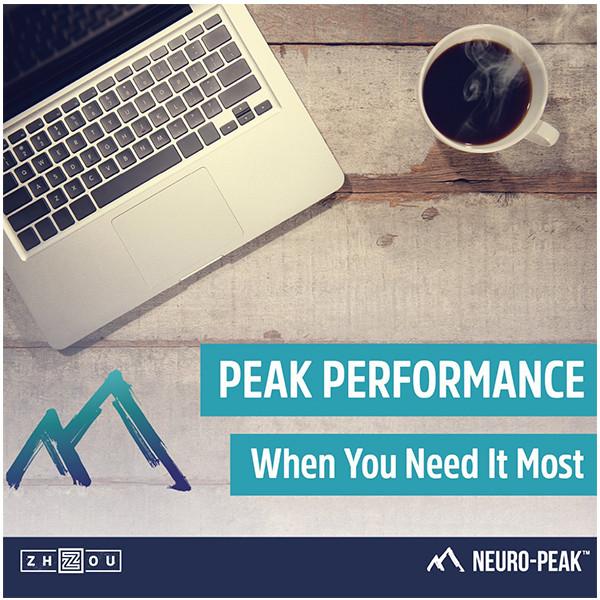
Zhou Nutrition Neuro Peak is one of the best-selling nootropics on Amazon, but is it all hype? We have some mixed opinions.
Type the words “nootropic” into Amazon and you’ll be bombarded by a never-ending supply of cheap and underdosed supplements billing themselves as powerful cognitive enhancers, fueled by various ingredients, often paired with caffeine. Unfortunately for unwitting Amazon shoppers, most of these products are quite underdosed... but there seems to be a sweet spot in the $20 range that many top brands haven't discovered yet.
So which of these nootropics is top-ranked on Amazon, and is it worth it?
Today, we focus on the Neuro-Peak by Zhou Nutrition, Amazon's current best-selling nootropic... available in the popular $20 range including Prime Shipping.
One thing's for sure, it's a low-cost one, which may make it worth considering for entry-level purposes. Question is, if we wanted to, could we build the same thing for even cheaper?
Zhou Nutrition Neuro-Peak TL;DR
- It depends on the extract strengths, but it's a decent "introductory" nootropic for $20 shipped.
- With only 30 capsules per bottle, it's really only about a two week supply
- We can't build one for cheaper using off-the-shelf ingredients, but we can make a stronger one for more.
- For a bit more money, there are some far better products, but that will move you into the $30 range.
We’ve got the details down below, but first, take a moment to check the best deal and sign up for PricePlow alerts:
Zhou Nutrition Neuro-Peak – Deals and Price Drop Alerts
Get Price Alerts
No spam, no scams.
Disclosure: PricePlow relies on pricing from stores with which we have a business relationship. We work hard to keep pricing current, but you may find a better offer.
Posts are sponsored in part by the retailers and/or brands listed on this page.
Neuro-Peak Ingredients
Neuro-Peak bills itself as one of the best nootropics available for people, but when you start to really dig down into the ingredients and dosages, you come away with a few questions on the product.
-
Bacopa Monnieri Extract (300mg)
Neuro Peak uses some well-known nootropic ingredients, but at just 30 capsules per bottle, is this worth it?
We’ve delved into this ingredient rather extensively before in our mega-guide titled Bacopa Monnieri: The “Feel Good” Nootropic. Bacopa is an old-world plant that’s been used to reduce stress, improve memory, relieve anxiety, and enhance learning.[1,2,3]
But the trick is in the strength of the extract.
Unfortunately, Zhou Nutrition includes bacopa as a whole plant extract in Neuro-Peak, but with whole plant extracts, we typically require a minimum of 750mg to get any noticeable benefit. We prefer to go with the industry leading Bacognize form of Bacopa extract which is standardized to 45% bacosides.
This extract is standardized to 20% bacosides, which means we'd need roughly double the Bacognize dose (i.e. 600mg) to really start feeling anything significant from this ingredient.
-
Phosphatidylserine 20% (100mg)
Phosphatidylserine (PS) is a derivative of the amino acid serine that is fat-soluble and present in large quantities in the brain, where it supports cognitive functioning. It’s found in fish (another good reason to eat fatty fish) and can help reduce cortisol. Studies note that the compound can improve memory and learning in humans.[4,5]
Now the problem here is that this is a 20% strength version of PS, so we're really only getting 20mg actual Phosphatidylserine per capsule.
With that said, typical dose of PS is 100mg administered three times per day, which you simply won't get with Neuro-Peak. Studies using just 100mg dose per day found no benefit over placebo,[6] and we're not even getting that here.
So it's a good ingredient, but you need more before you can make any claims.
-
Ginkgo Biloba 24% (100mg)
Ginkgo Biloba is a memory-boosting compound virtually everyone has heard of. There’s a reason it’s the most heavily use cognitive enhancing compound on the planet. Studies have found the plant improves cognitive function.[7] Other research notes it’s useful for relieving symptoms of Alzheimer’s in the elderly.[8,9]
However, a host of other studies have found the plant to offer no significant benefit or improvement in symptoms whatsoever, and a 2009 review on Ginkgo biloba concluded:
”The evidence that Ginkgo biloba has predictable and clinically significant benefit for people with dementia or cognitive impairment is inconsistent and unreliable.”[10]
Dosing matters
The trials that do show some benefit to ginkgo biloba use for cognitive function use 120-240mg worth of a premium-grade extract of ginkgo biloba. At two capsules, we get into that range here, and even better is that the 24% extract strength claimed here is what the most popular "standard" extract has as well![18]
-
Rhodiola Rosea Extract (50mg)
Rhodiola is the most well known adaptogen in the industry, prized for its ability to reduce feelings of stress and anxiety and improve the body’s response to all manner of physical, emotional, and psychological stressors. Numerous research trials have shown it to be effective at reducing cognitive fatigue, and improving physical and mental performance.[11,12,13,14]
The catch is, you need somewhere between 100-660mg[11,12,13,14], which you’re not getting here.
-
DMAE (50mg)
DMAE is a popular choline metabolite that’s often used for its supposed ability to enhance acetylcholine levels in the brain. While DMAE does cross the blood-brain barrier[15] and boost brain concentrations of choline[16], it doesn’t actually enhance acetylcholine levels.[16]
Some researchers suggest that DMAE may stimulate cholinergic receptors into action, thereby leading to more acetylcholine, but DMAE is not an acetylcholine precursor and does not directly support increased acetylcholine production.[17]
Can We Build Our Own Cheaper?
This supplement is in no way overpriced, but it could certainly be improved upon...substantially, so let’s see what we can get for a reasonable price using off-the-shelf ingredients (all prices are as of January 24,2018 using PricePlow): We’ve done this previously for Onnit Alpha Brain as well as Lumonol.
So, let’s dive in!
- Bacopa Extract - Amount needed: 300mg
PS does more than just enhance cognitive function. Here's a simple chart showing that golfers hit balls better with PS.
We can buy 120 capsules contained 450mg 20% bacosides Planetary Health Bacopa for $9.24.
-
Phosphatidylserine (20%) - Amount needed: 100mg
We can get 30 100mg softgels of Jarrow’s PS 100 for $9.98.
-
Ginkgo Biloba - Amount needed: 100mg
We can buy 30 Nature's 120mg tablets of Nature’s Way Ginkgold Max for $13.49.
-
Rhodiola - Amount needed: 50mg
We can buy 60 250mg capsules of Nature’s Way Rhodiola for $7.99.
-
DMAE - Amount needed: 50mg
We can buy 100 250mg capsules of NOW DMAE for $6.64.
Grand Total = $47.34
Yes, it will cost 2.5x as much as Neuro-Peak, but you’ll also get stronger doses of the ingredients than what you'd get in Neuro-Peak, even if you were double-dosing it.
For advanced users, we'll stick with Nootropimax for now
So it looks like this is a tough formula to build, and if someone's interested in trying an "entry-level", caffeine-free nootropic for a couple of weeks, it could be an easy $20 experiment as opposed to some of the egregious $60 nootropics we've dissected in the past.
Our preferred option will still be Performax Labs NootropiMax, which currently costs only $24.49 with PricePlow's coupons (although you'll need shipping - so let's just put it at $30), and actually delivers serious doses of everything we like in a brain supplement! Note, however, that it also has caffeine, and Neuro-Peak is caffeine-free, which would allow you to keep your coffee or energy drink as opposed to our favorite, Nootropimax.
Dosing
Zhou Nutrition states to take one capsule with a meal one to two times per day.
Note that with just 30 capsules in a bottle, this means you'll either have a one-month supply or a 15-day supply. This almost makes it more like a "beginner's nootropic trial" to us than anything else.
Takeaway: Maybe if you're a beginner with $20 to burn on Amazon
As nootropics become increasingly more popular, so do the number of imitators and bad formulas looking to make a quick buck and capitalize on the surge in popularity. Neuro-Peak is a prime example of a product being incredibly popular, and receiving thousands of reviews, but when you get down to it, the formula is a bit deficient in a few areas.
But if you look at the most popular nootropics on Amazon, they're all in that $20 range -- shipped free with Prime -- so there seems to be something there that other supplement companies should look into. Because in that $20 range, we're sadly not seeing a whole lot better, unless we were to get just two or so of our favorite raw ingredients.
Zhou Nutrition Neuro-Peak – Deals and Price Drop Alerts
Get Price Alerts
No spam, no scams.
Disclosure: PricePlow relies on pricing from stores with which we have a business relationship. We work hard to keep pricing current, but you may find a better offer.
Posts are sponsored in part by the retailers and/or brands listed on this page.






Comments and Discussion (Powered by the PricePlow Forum)